To provide the best experiences, we use technologies like cookies to store and/or access device information. Consenting to these technologies will allow us to process data such as browsing behaviour or unique IDs on this site. Not consenting or withdrawing consent, may adversely affect certain features and functions.
The technical storage or access is strictly necessary for the legitimate purpose of enabling the use of a specific service explicitly requested by the subscriber or user, or for the sole purpose of carrying out the transmission of a communication over an electronic communications network.
The technical storage or access is necessary for the legitimate purpose of storing preferences that are not requested by the subscriber or user.
The technical storage or access that is used exclusively for statistical purposes.
The technical storage or access that is used exclusively for anonymous statistical purposes. Without a subpoena, voluntary compliance on the part of your Internet Service Provider, or additional records from a third party, information stored or retrieved for this purpose alone cannot usually be used to identify you.
The technical storage or access is required to create user profiles to send advertising, or to track the user on a website or across several websites for similar marketing purposes.
 The Government must give UK regional economies greater autonomy over skills and employment to develop grassroot recovery strategies – or risk levelling down the chances of millions, according to a new report published by City & Guilds Group. (more…)
The Government must give UK regional economies greater autonomy over skills and employment to develop grassroot recovery strategies – or risk levelling down the chances of millions, according to a new report published by City & Guilds Group. (more…)








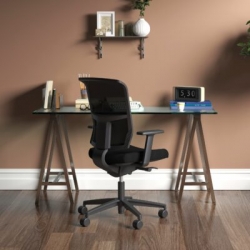



 Bisley’s award-winning MultiDrawer has firmly established itself as a much-loved piece of furniture since it was designed by Freddie Brown in 1958 and is found in many forms within the traditional office or the home. Now, as part of their new Belong collection, Bisley has launched the
Bisley’s award-winning MultiDrawer has firmly established itself as a much-loved piece of furniture since it was designed by Freddie Brown in 1958 and is found in many forms within the traditional office or the home. Now, as part of their new Belong collection, Bisley has launched the 
 Cloud-based access control company
Cloud-based access control company 





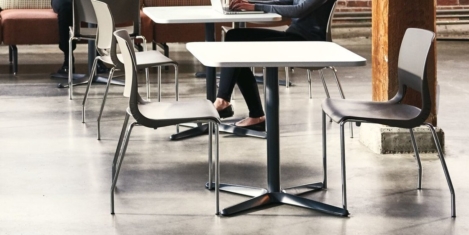
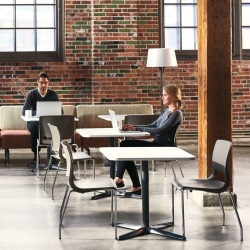

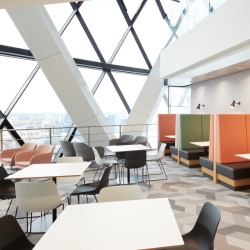
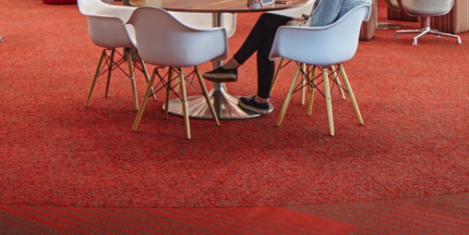
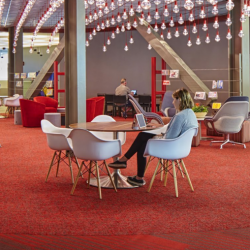









November 5, 2020
Leadership in a new age of virtuality
by Andrew Mawson • Comment, Facilities management, Property, Technology, Workplace design